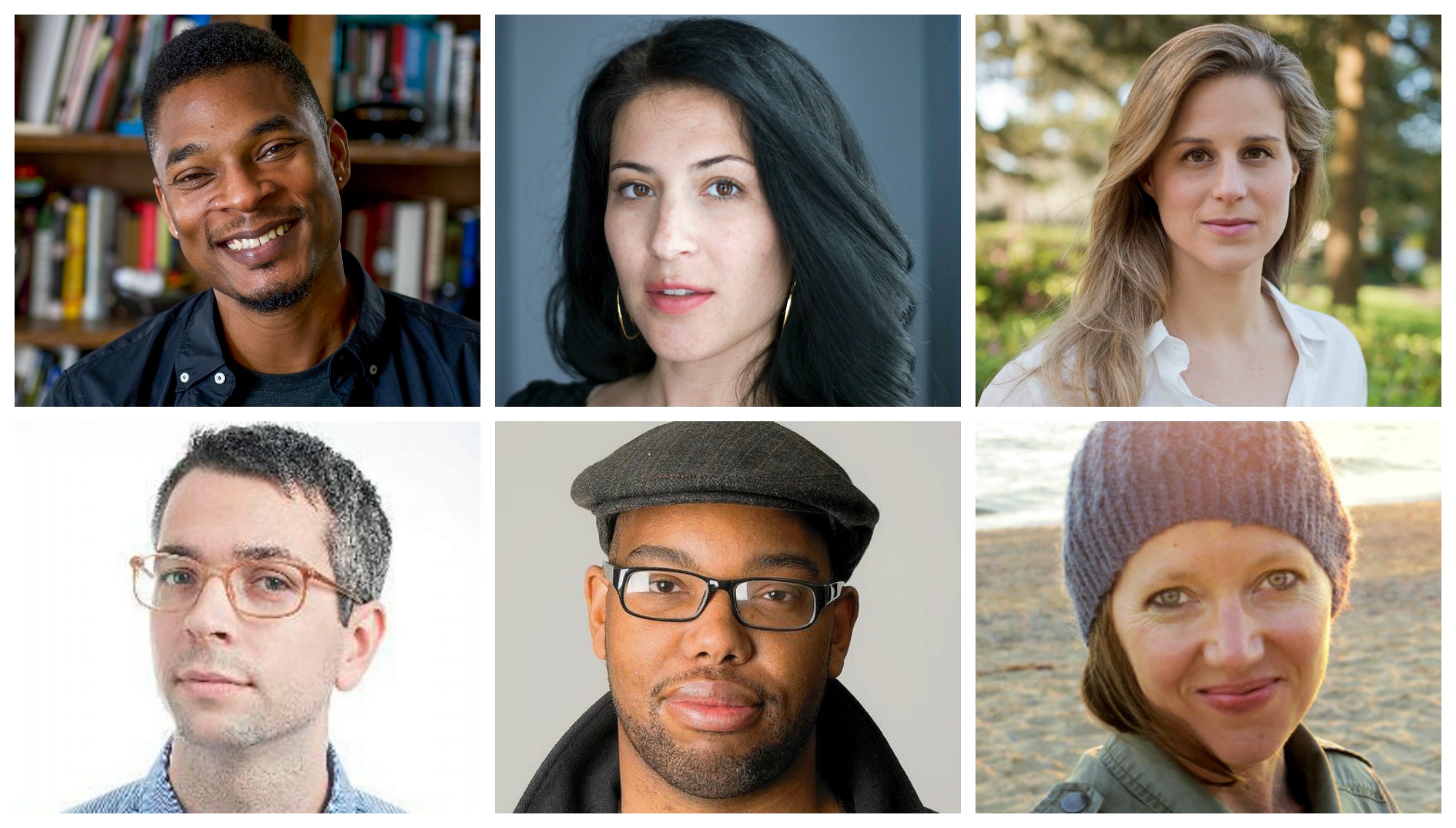Since 2011, P&W has supported creative writing workshops for Los Angeles seniors through the sponsoring organization EngAGE, a nonprofit that fosters the arts, wellness, and lifelong learning for seniors in Southern California. It started with workshop leader Hannah R. Menkin, and since then P&W has supported workshops led by Morgan Gibson, Mike "the Poet" Sonksen, Michael C. Ford, and Oshea Luja. The workshops, which now take place at both the Burbank and North Hollywood Senior Artist Colonies, bring together creative seniors in their sixties, seventies, eighties, and some even in their nineties. Participants are multitalented—some paint, some sing, some act—and all of them have discovered or rediscovered a love of writing. In part two of a two-part blog report, Jamie Asaye FitzGerald, director of the Readings & Workshops (West) program, reflects on an interview with a few of the workshop participants. (Be sure to check out last week’s blog post by the McCrindle Foundation Readings & Workshops Fellow, Melissa Sipin.)
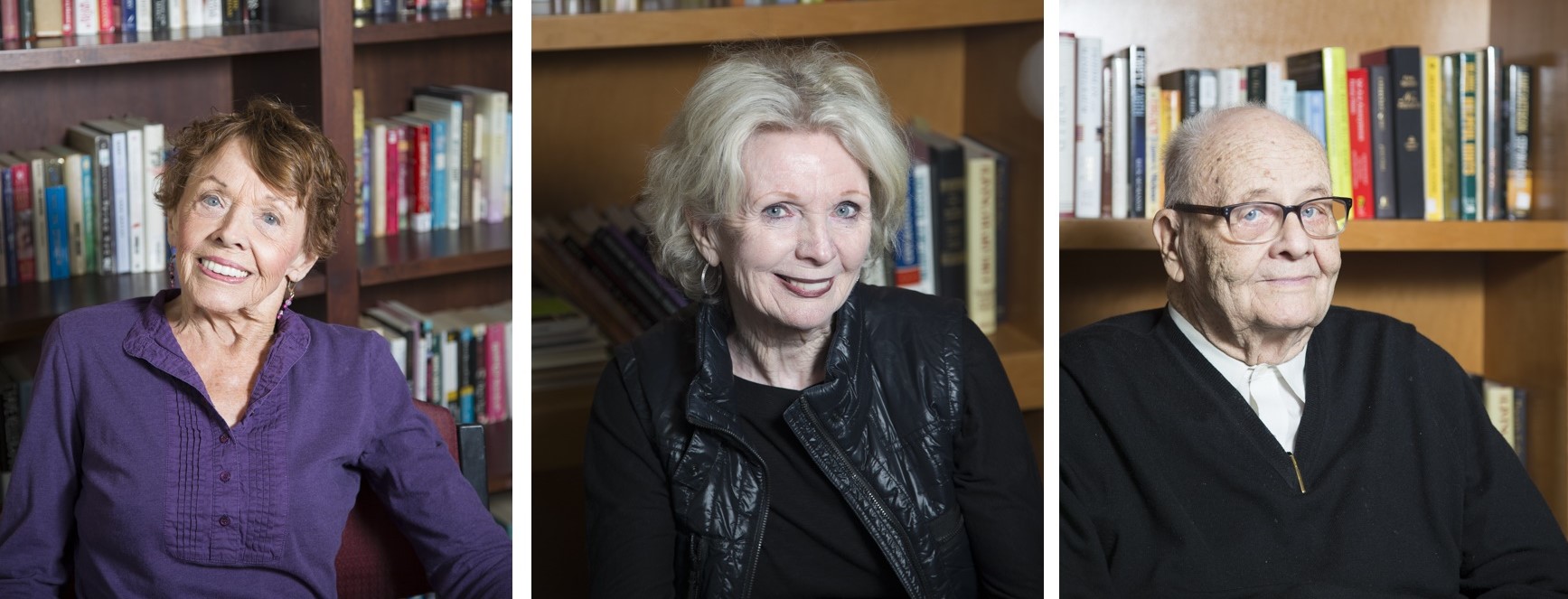
One of the most gratifying aspects of teaching creative writing is witnessing what flows forth when a student, who had no idea they could write or thought they couldn't, discovers they can. Now imagine if that student were someone in their seventies, eighties, or nineties.
"I don’t believe I wrote a poem before I started the workshop," said Abigail Howard, when we sat down to interview her and fellow participants in the P&W–supported poetry writing workshops presented by EngAGE.
Similarly, Jean T. Ritchie commented: "I have never been involved in poetry writing in my life," and ninety-three-year-old Lucius Foster said: "I’ve avoided it all the way through. But things are changing, things are happening...."
Things really are happening at the Burbank and North Hollywood Senior Artist Colonies, where workshop participants have found out something late in life: They can write—and it gives them satisfaction and purpose.
"I didn’t know I had it in me," said Ritchie. "And I’m very proud."
Foster held P&W staff rapt as he read a poem about his escape from a German POW camp in which he exchanged clothes with a German civilian and rode off on her bicycle, then regaled listeners with other stories of his incredible World War II experiences.
Kit Harper, who has always been an avid writer, credits the workshop with rekindling her passion for poetry: "It is the great passion of my life, I love it very much, and I am at my happiest when I am sweating over the computer." She continued, "I’m grateful that I’ve been given this gift, and I want to do something of value with it."
Harper commented that the workshop has taught her "to blow Darth Vader off my shoulder. The little critic that says: You can’t do it. You’re not Dylan Thomas. That stuff goes on forever!"
The workshop gives students the tools to steer clear of other barriers. “I keep practicing,” says Howard, “I keep picking up the pen. It’s like I forget how to do that. And we come here together and I remember how to do it again.”
It doesn’t take a study to see how these writing workshops are enhancing the lives, not just of the seniors in these workshops, but of the teachers who teach them, and anyone who comes to listen to their wise and wonderful words.
See photos and video from the 2015 Lit Crawl event, On Being a Kid: A Poetry Reading by Los Angeles Senior Artists, which featured participants from the P&W–supported EngAGE writing workshops at the Burbank and North Hollywood Senior Artist Colonies.
Photos (from left): Workshop participants Kit Harper, Jean T. Ritchie, and Lucius Foster. Photo credit: Tess. Lotta.
Major support for Readings & Workshops in California is provided by the James Irvine Foundation and the Hearst Foundations. Additional support comes from the Friends of Poets & Writers.
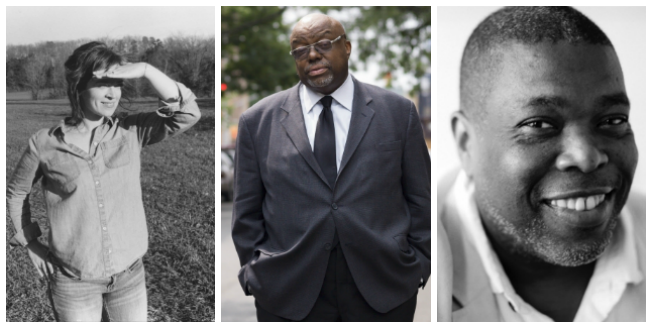





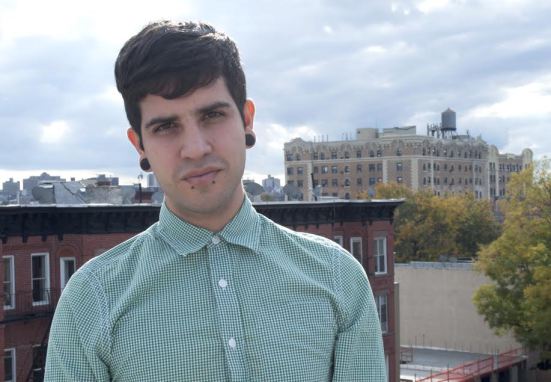
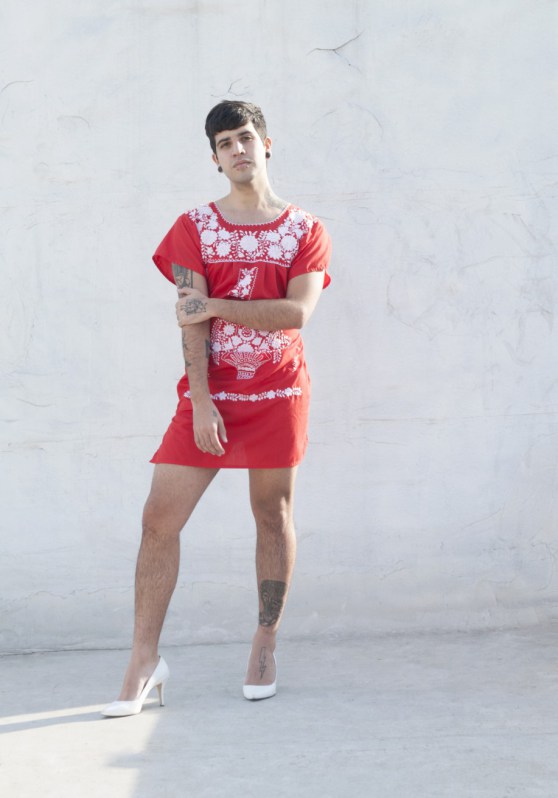
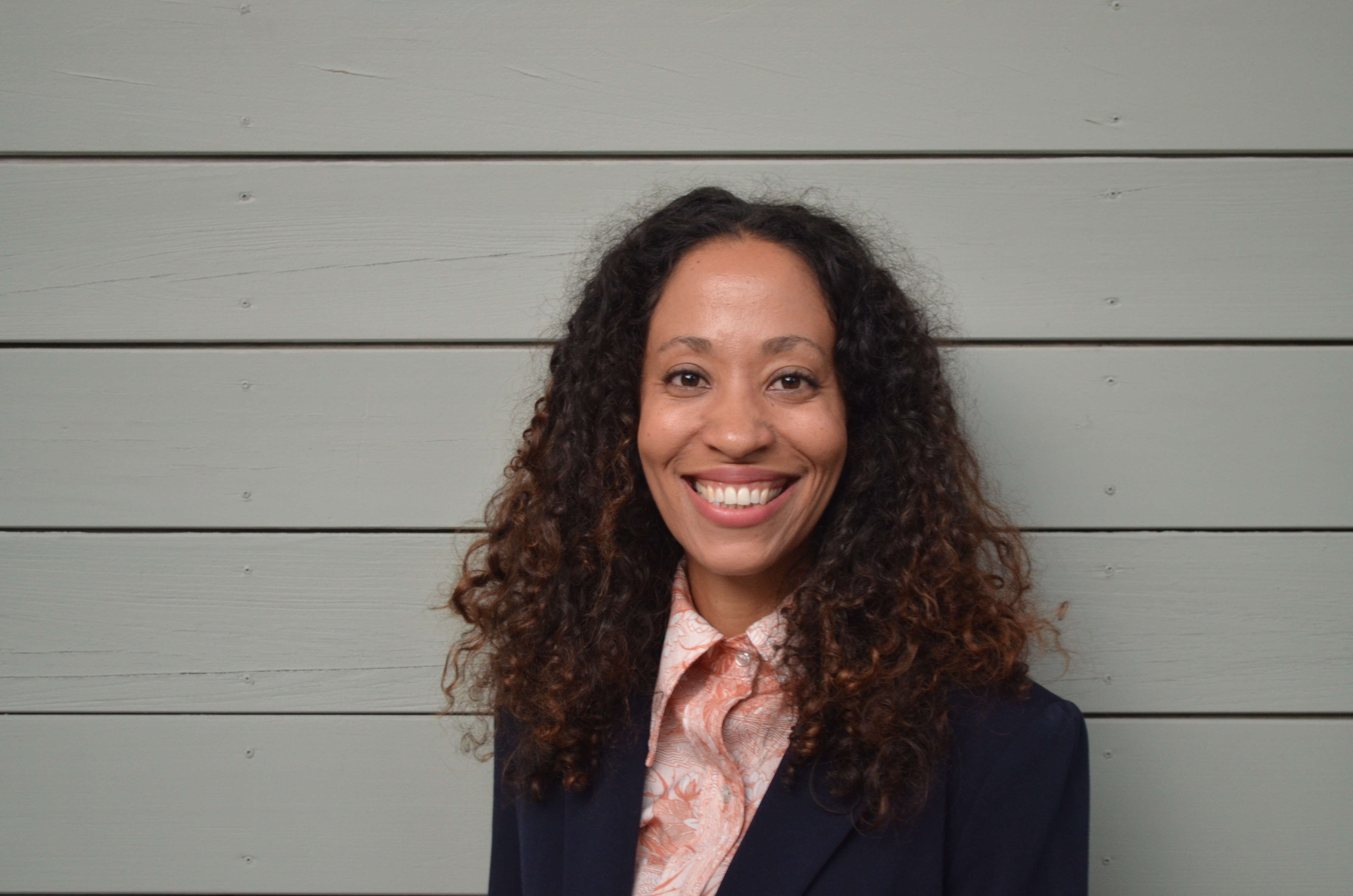 What makes your organization (press, series, etc.) and its program(s) unique?
What makes your organization (press, series, etc.) and its program(s) unique? 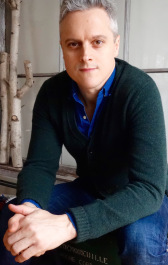 Christopher Salerno
Christopher Salerno
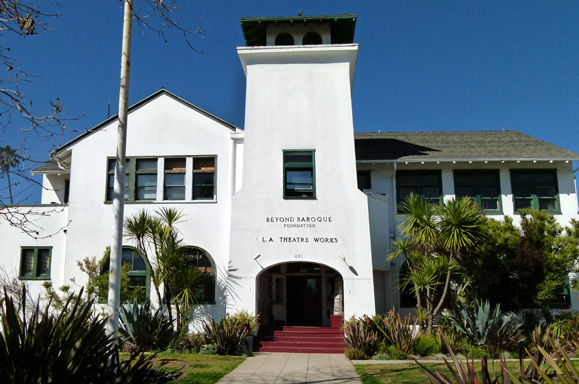 To apply, submit a manuscript between 48 and 70 pages with a $5 submission fee via postal mail to Pacific Coast Poetry Series, Beyond Baroque, 681 Venice Boulevard, Venice, CA 90291, by May 1 (the original deadline was February 15). For more information, visit the website or e-mail Liz Camfiord at
To apply, submit a manuscript between 48 and 70 pages with a $5 submission fee via postal mail to Pacific Coast Poetry Series, Beyond Baroque, 681 Venice Boulevard, Venice, CA 90291, by May 1 (the original deadline was February 15). For more information, visit the website or e-mail Liz Camfiord at 
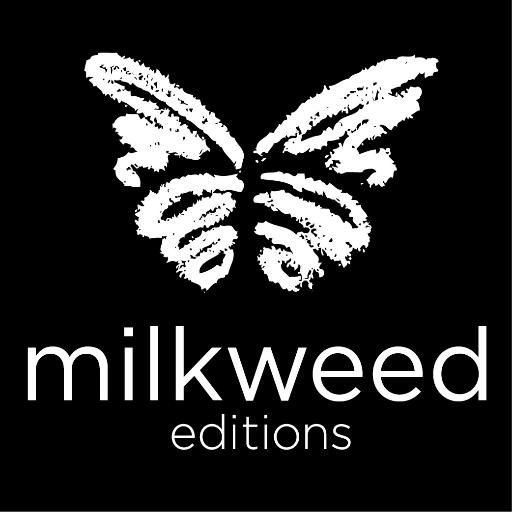 Administered in partnership with Milkweed Editions and the Lindquist & Vennum Foundation, the award was established in 2011 with the goal of celebrating the work of exceptional poets from the Upper Midwest; poets residing in North Dakota, South Dakota, Minnesota, Iowa, and Wisconsin are eligible to apply. The editors of Milkweed Editions will select five finalists, and acclaimed poet
Administered in partnership with Milkweed Editions and the Lindquist & Vennum Foundation, the award was established in 2011 with the goal of celebrating the work of exceptional poets from the Upper Midwest; poets residing in North Dakota, South Dakota, Minnesota, Iowa, and Wisconsin are eligible to apply. The editors of Milkweed Editions will select five finalists, and acclaimed poet 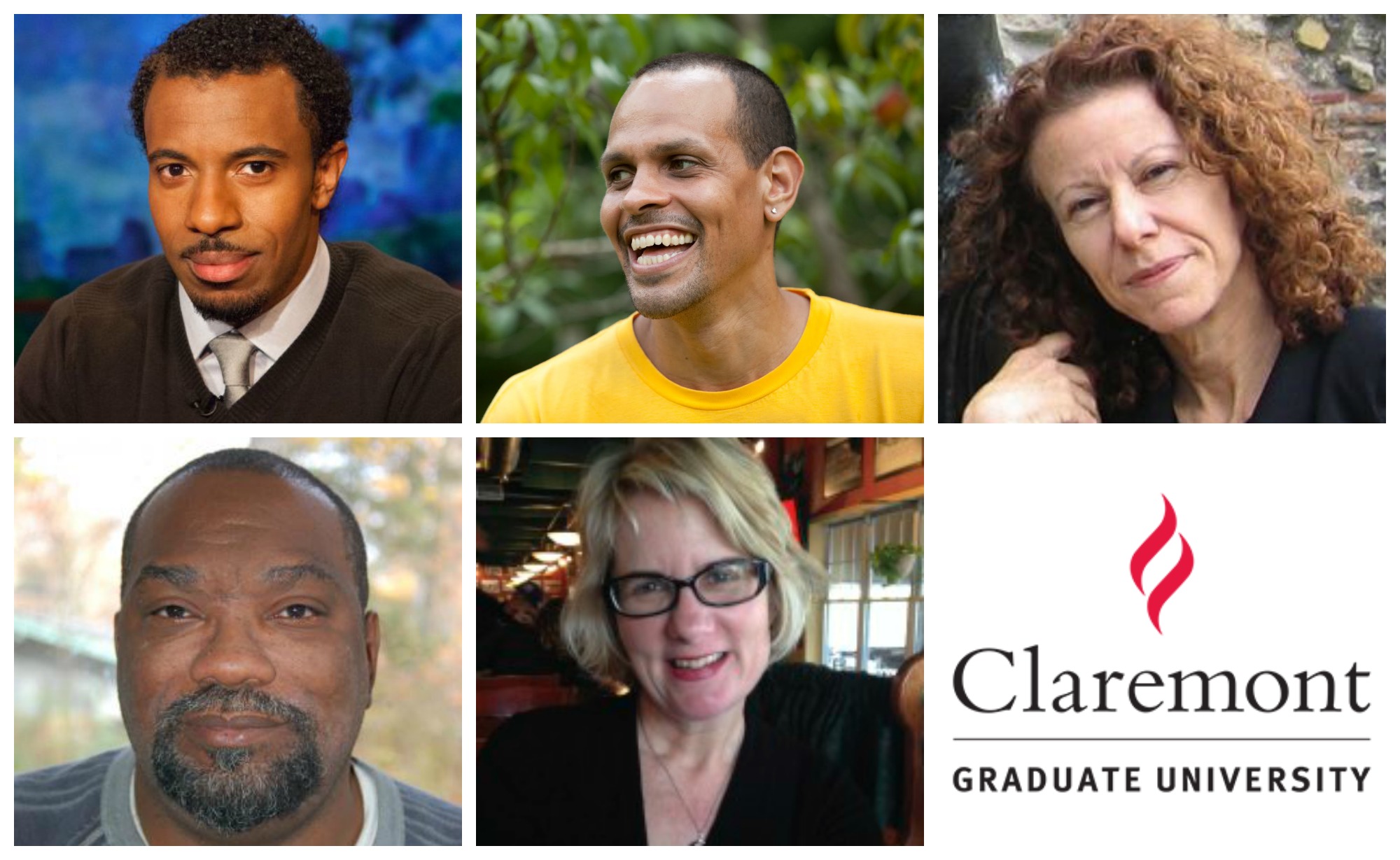
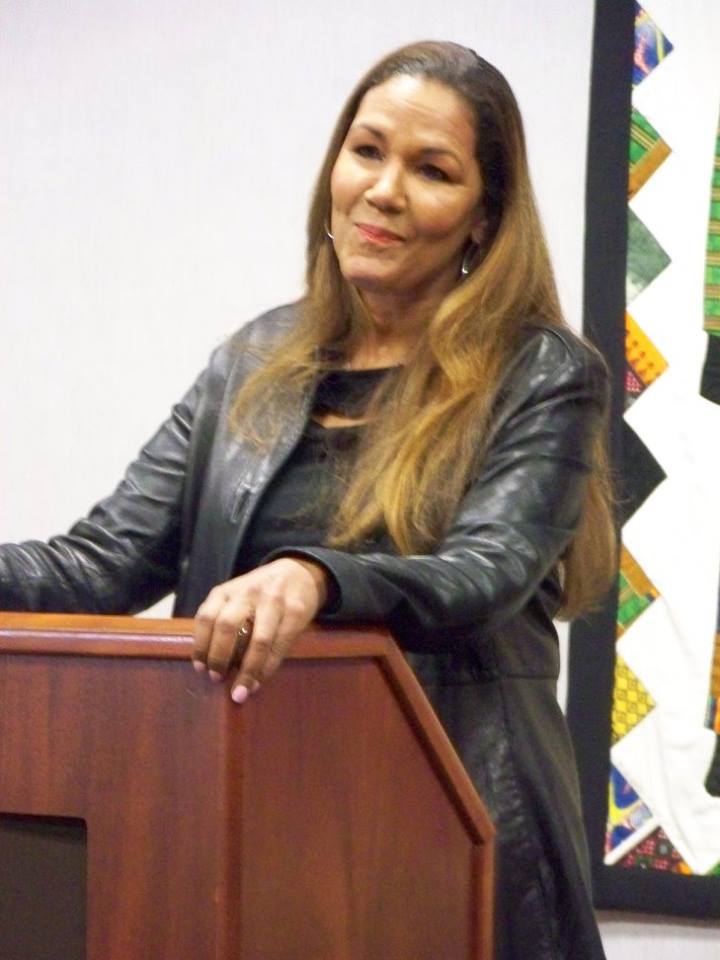
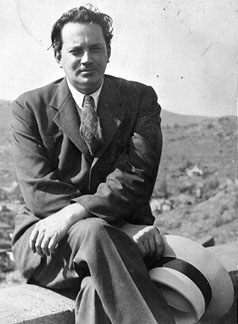 All writers, regardless of location, are eligible to apply. Using the
All writers, regardless of location, are eligible to apply. Using the 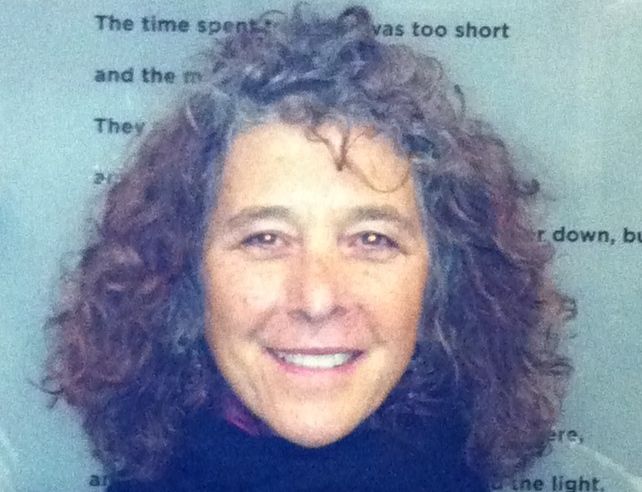 In September and October 2015, I embarked on a series of workshops that linked formerly incarcerated and at-risk youth at the Success Center San Francisco with high school students across the street at the Ruth Asawa School of the Arts (SOTA). I called the project Building Bridges.
In September and October 2015, I embarked on a series of workshops that linked formerly incarcerated and at-risk youth at the Success Center San Francisco with high school students across the street at the Ruth Asawa School of the Arts (SOTA). I called the project Building Bridges.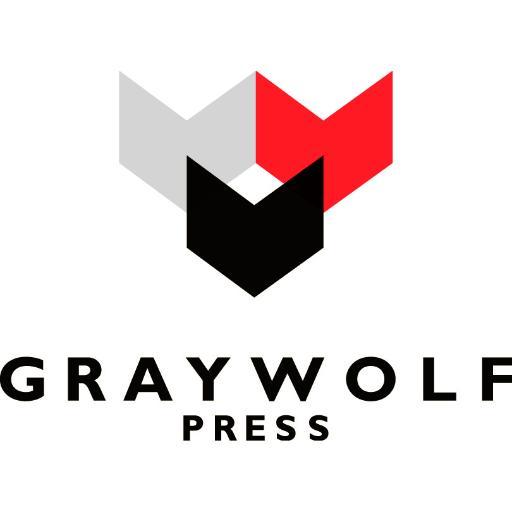 Writers residing in the United States who have not published more than two books of nonfiction are eligible to apply. No prior publication is required. Using the
Writers residing in the United States who have not published more than two books of nonfiction are eligible to apply. No prior publication is required. Using the 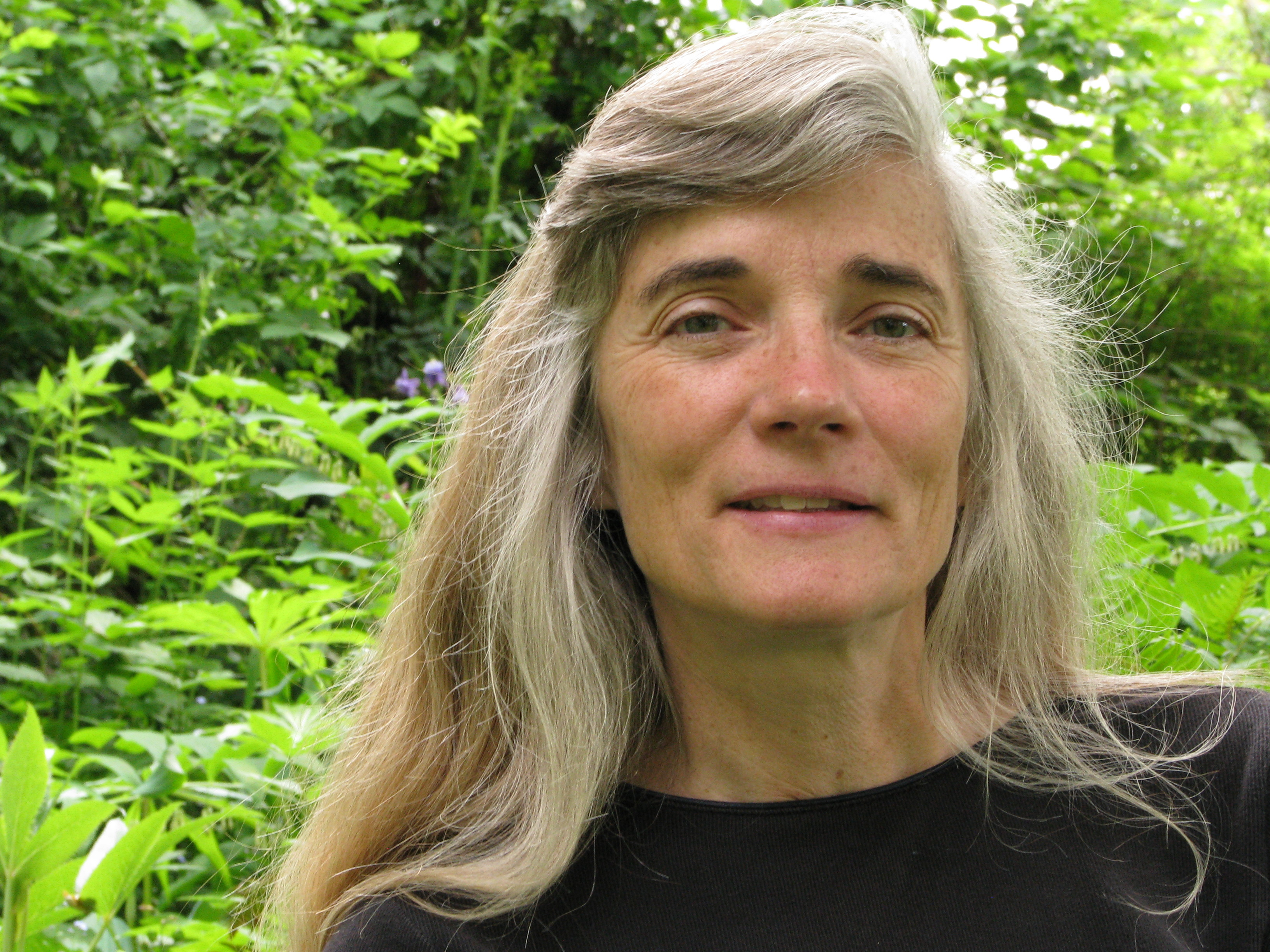 Sponsored by the Manoa Foundation of Honolulu, the annual fellowship was established by Frank Stewart and Debra Gwartney to honor the seventieth birthday of acclaimed writer and naturalist
Sponsored by the Manoa Foundation of Honolulu, the annual fellowship was established by Frank Stewart and Debra Gwartney to honor the seventieth birthday of acclaimed writer and naturalist 